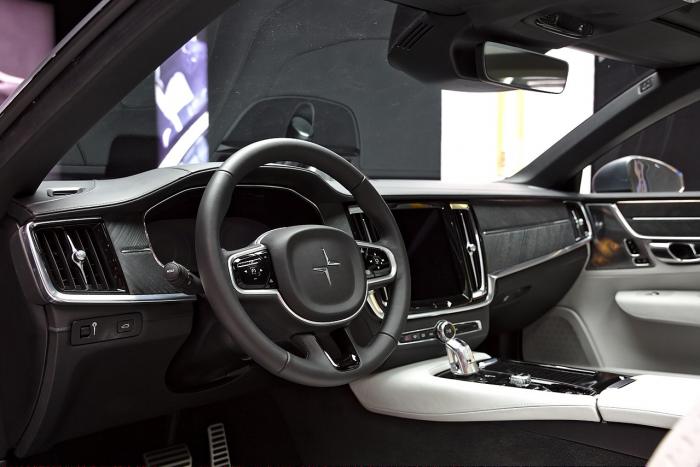Polestar plans to eliminate CO2 from it’s production, with the CEO calling offsetting “a cop-out”.
Polestar plans to eliminate CO2 from it’s production, with the CEO calling offsetting “a cop-out”.
Polestar have said that they plan to build the first “truly climate-neutral” car by 2030 and have laid their ambitions out in their first annual review.
They have claimed that experts have warned against merely carbon offsetting by planting trees, as this is unsustainable in the long term, as these forests could be logged or burned down by wildfires in the future.
“Offsetting is a cop-out,” said Thomas Ingenlath, Polestar CEO. “By pushing ourselves to create a completely climate-neutral car, we are forced to reach beyond what is possible today. We will have to question everything, innovate and look to exponential technologies as we design towards zero.”
It has not yet been revealed what their exact plans are to achieve this goal they have said, but the project they’ve named Polestar 0 will have a fundamental impact on how they build their cars. They also plan to work with suppliers and retailers in a bid to eliminate CO2 from their operations.
“We’re electric, so we don’t have to worry about combustion engines producing toxic emissions – but that doesn’t mean our job is done,” said Polestar’s head of sustainability, Fredrika Klarén. “We will now work to eradicate all emissions stemming from production. Now is a historic and exciting time for car makers, an opportunity to seize the moment, do better and dare to build the dream of climate-neutral, circular and beautiful cars.”
Polestar has said that they have already put things in motion to start making steps towards that goal and have even included climate targets as a part of their employee bonus scheme.
The Swedish firm also intends to publish “sustainability declarations” in a similar fashion to those used within the food and fashion industries, initially with the Polestar 2 but with plans to incorporate their entine line-up with time. Each of these will clearly outline a car’s carbon footprint, in addition to any “traced risk materials” that are used in its production. Over time they will add more details.
“Consumers are a huge driving force in the shift to a sustainable economy,” Ingenlath said. “They need to be given the right tools to make informed and ethical decisions. This makes things very clear. Today, Polestar 2 leaves the factory gates with a carbon footprint. In 2030, we want to present a car that does not.”
This move is following a trend that is being seen across the car industry, as manufacturers are beginning to do more to show that their electric vehicles are not only helping to combat tailpipe emissions, but are going further by also tackling emissions from the manufacturing process. For example Volkswagen announced a claim last year that the production of its new ID 3 hatchback will be completely carbon neutral. Whether this claim and Polestars goal will be met is yet to be seen, but at the very least it is positive to see.
